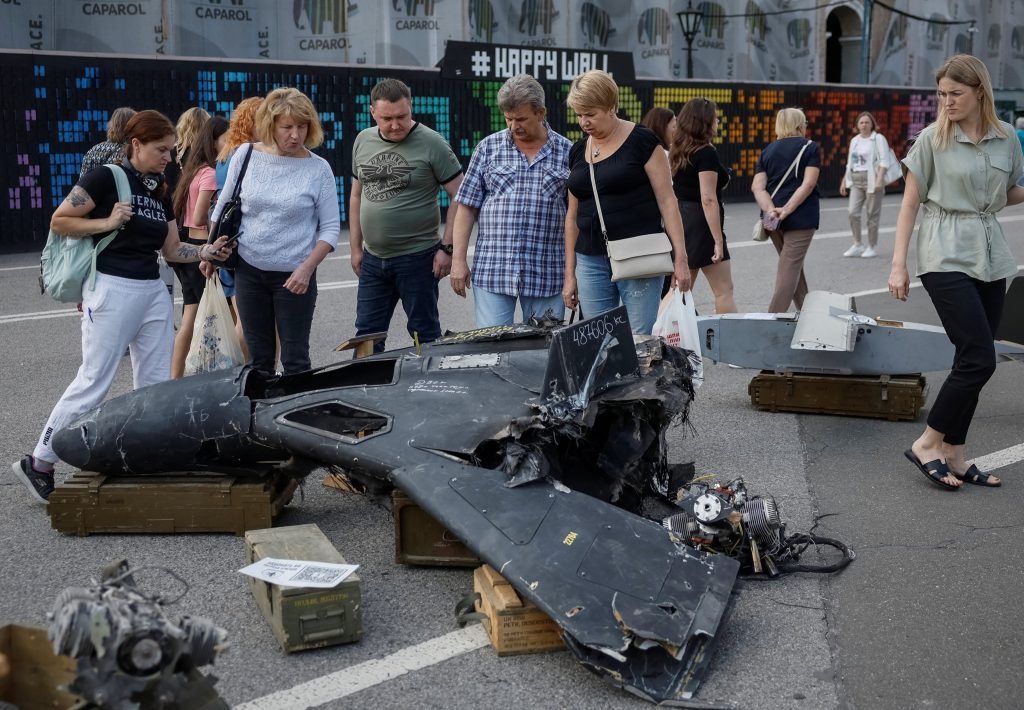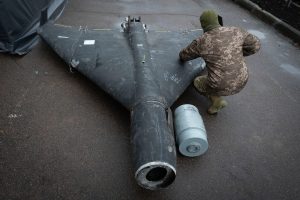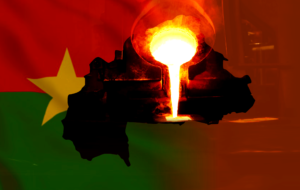Poland Downs Drones Amid Russian Strikes on Ukraine: A Security Incident With Far-Reaching Ripples

Warsaw, Poland’s military said early Wednesday that it had intercepted and destroyed drones that violated its airspace during the latest wave of Russian aerial bombardments on Ukraine, underscoring not only the dangers of the war spilling across borders but also the broader diplomatic, economic, and humanitarian stakes for the region.
The Polish Armed Forces’ Operational Command described the incident as “a violation of Polish airspace on an unprecedented scale.” According to Defense Minister Władysław Kosiniak-Kamysz, more than ten aerial objects were detected crossing into Polish territory overnight, with those deemed threatening to national security being “neutralized.”

Prime Minister Donald Tusk confirmed that NATO had been immediately informed. “I received a report from the Operational Command of the Army about the shutting down of drones that entered our airspace and could constitute a threat,” he wrote on X, adding that he had spoken with NATO Secretary General Jens Stoltenberg to coordinate responses.
The incident raises the stakes for Poland, a NATO frontline state that has consistently been among Ukraine’s staunchest allies. While Warsaw stopped short of directly blaming Moscow for deliberately targeting its territory, the framing of the incident as a consequence of Russian aggression adds to already strained diplomatic channels.
In NATO capitals, such episodes stir sensitive debates: should drone incursions be seen as an accident of war, or as tests of Alliance resolve? For Poland, the distinction matters. A deliberate attack could trigger Article 5 consultations of NATO’s collective defense clause, while “spillover” still puts immense pressure on Poland’s security establishment and its already tense relationship with Russia.
While the diplomatic reverberations are clear, the economic and business implications are just as pressing. Warsaw has already been funneling resources into expanding military infrastructure, from drone defense systems to border surveillance. Real estate developers with government contracts now face new demands: reinforced logistics hubs, emergency shelters, and even drone-resistant hangars.
The Polish government’s defense spending is already surpassing 4% of their GDP. This is the highest in NATO, and it is reshaping industries well beyond arms manufacturers. Construction firms, tech companies and private security services are being pulled into what analysts describe as “a militarized service economy.”
Investors, too, are watching nervously. Foreign firms based in Poland, particularly in logistics and warehousing near the Ukrainian border, are weighing how drone incursions could disrupt supply chains and drive up insurance costs.

Poland remains the primary gateway for Ukrainian refugees. Since Russia’s full-scale invasion in 2022, more than 10 million people have crossed into Poland, with around 1.5 million staying permanently. Each airspace violation heightens anxieties among displaced communities already traumatized by war.
Humanitarian agencies fear that escalations like Tuesday’s drone downings will worsen the plight of civilians. “Even if drones don’t cause casualties in Poland, the psychological effect is enormous,” said one Warsaw-based aid worker. “It reminds refugees that nowhere feels entirely safe.”
Domestically, the incident injects urgency into Poland’s ongoing political debates. The Tusk government has pledged to restore closer ties with Brussels and NATO after years of friction, but it now faces pressure from opposition voices calling for stronger unilateral measures, including even stricter border defenses.
Public opinion is divided. Many Poles, deeply sympathetic to Ukraine’s struggle, support robust defense spending and continued hosting of refugees. Yet others are anxious about the economic strain, rising housing prices in border regions, higher taxes to fund defense and a sense of “permanent emergency.”
With respect to Ukraine, the drone violation is another reminder of how vulnerable its neighbors remain to the spillover of Russia’s war strategy. For NATO, it is a test of cohesion: allies must decide whether to treat such incidents as isolated or as part of a pattern requiring firmer deterrence.
And to Poland itself, the challenge is multidimensional; from securing its skies, reassuring its citizens, absorbing the economic costs, to managing both domestic, political expectations and international alliances.
As Defense Minister Kosiniak-Kamysz put it bluntly: “Every drone that crosses our border, whether by design or by accident, carries risks not just for Poland but for all of Europe.”









